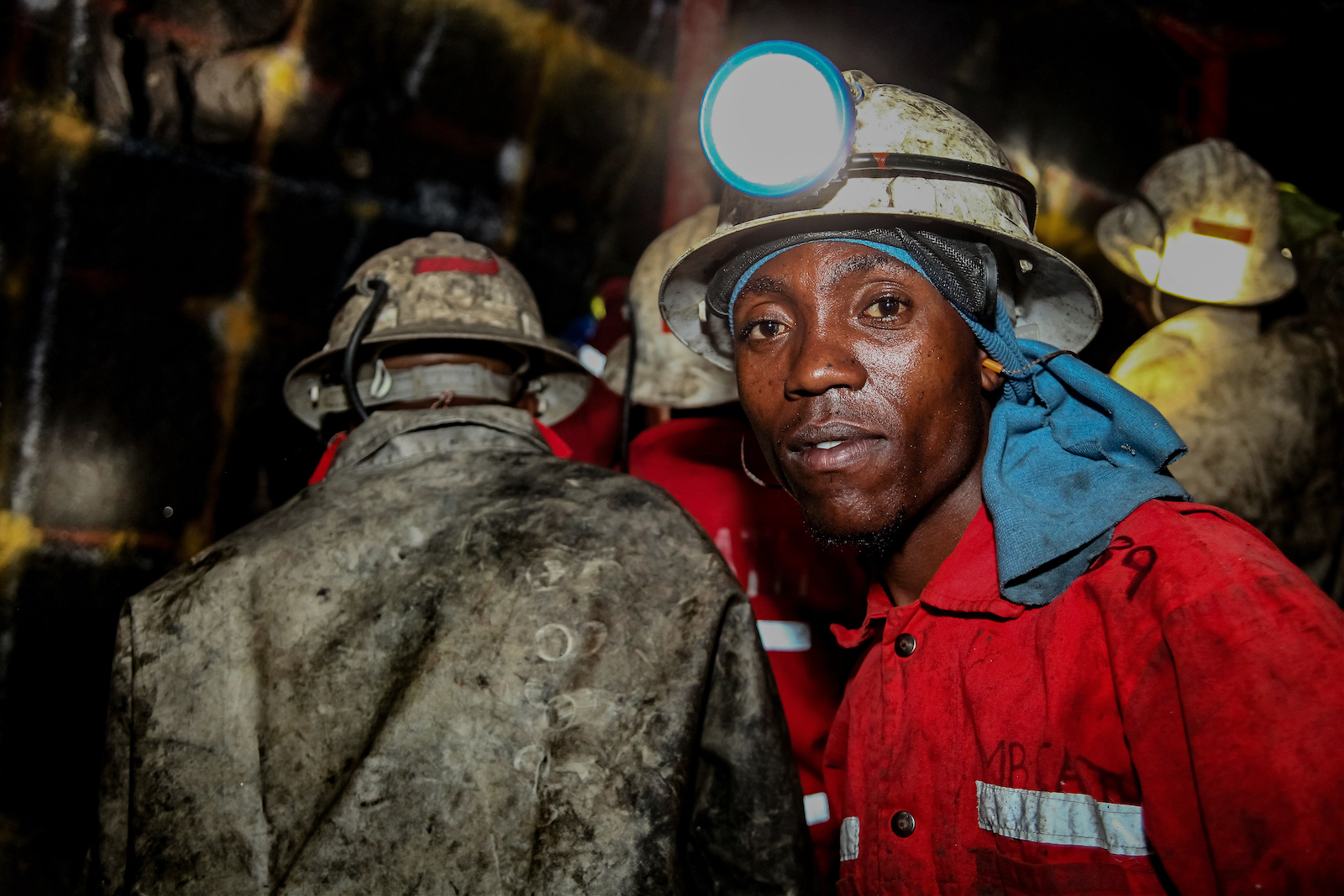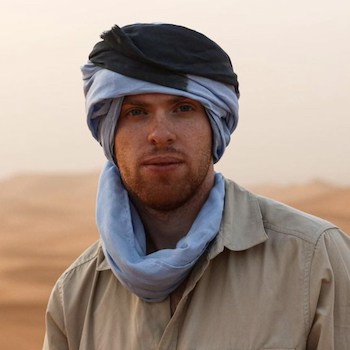
Africa is no Longer the World’s Mineral Chessboard.
The story of Africa’s mineral wealth is not new, but the narrative is changing. Long viewed by Western and Eastern powers as a vast trove to be pillaged, Africa is now at the forefront, demanding recognition as an equal partner in the global resource market. This seismic shift is spurred by the continent’s centrality to the high-tech economy, with the demand for lithium—a critical component for batteries—predicted to increase fivefold by 2030.
China’s Belt and Road Initiative has left a tangible mark on the African landscape with extensive infrastructure projects. Yet, the hidden costs of such developments have led to a new form of indebtedness and influence. In parallel, the West, haunted by the specters of Europe’s terrible colonial past, has remained somewhat incapacitated, unable to fully engage with Africa without confronting its historical transgressions.
The African Union’s Trade Commissioner, Albert M. Muchanga, voiced a transformative concept earlier this year. Africa, he asserted, refuses to be relegated to the role of a mere supplier for the rest of the world. The continent is charting a course towards relationships rooted in genuine, mutual benefit—a stark departure from the exploitative dynamics of the past. This vision rejects the predatory capitalism that has often left African nations as mere spectators to their wealth, drawn out by foreign powers.
According to the United Nations Conference on Trade and Development’s 2023 report, Africa is poised to transform into a hub for global supply chains, particularly within the burgeoning high-tech sectors. The African Continental Free Trade Area (AfCFTA) is cited as a pivotal element in this transformation, but its success hinges on robust international and pan-African investments to establish a multi-national infrastructure that can support this growth.
In the shadow of these developments, the trade figures speak volumes. As of the latest data, China, India, and the United Arab Emirates have dominated the export markets of Africa. Chinese-African trade has soared to a record-breaking $282 billion, casting the $72.6 billion U.S.-Africa trade figures into stark relief.

Yet, as Paul Nantulya from the Africa Center for Strategic Studies notes, such numbers are merely the visible part of a much larger edifice. Chinese state-owned enterprises construct one out of every three major African infrastructure projects, and Chinese policy banks finance another significant share. These investments have afforded Beijing considerable leverage over the continent’s resources, labor markets, and strategic infrastructure, including ports and airports.
The commodities market is witnessing fierce competition for Africa’s oil, copper, cobalt, and iron ore. Russia has entered the fray, evidenced by the recent meeting between Equatoguinean President Teodoro Obiang Nguema Mbasogo and Russian President Vladimir Putin, indicating a potential shift toward more direct Russian engagement in Africa’s resource sectors. Russian foreign policy has focused on resource concessions through proxy forces, including the Wagner Group, but a more official stake would not be far off.
The pattern of foreign investment in Africa, however, often falls short of its developmental promises. The Democratic Republic of the Congo serves as a cautionary tale, with investments heavily favoring Chinese-controlled mining operations rather than the broader national economy. The African Development Bank’s Africa Economic Outlook 2023 report illuminates a stark reality: natural resources constitute approximately 62% of Africa’s GDP, yet corruption and systemic mismanagement mean the wealth generated rarely benefits the common citizen. This dynamic has fueled resistance to Western investment and skepticism about the stability of supply chains.
In a quest for self-determination, some African nations are reclaiming control over their industrial sectors. Tanzania’s recent prohibition on the export of raw lithium, insisting on domestic refinement, echoes legislation in Zimbabwe and Namibia designed to harness foreign investment for local benefit. Ghana’s aspirations to establish Africa’s first high-capacity lithium refinery also reflect this drive towards industrial sovereignty.
Nevertheless, the journey towards autonomy is fraught with resistance, particularly from China, which seeks to maintain its stronghold, especially over critical resources like lithium. While the West’s strategic interests may align with curbing Chinese influence, it has been slow to support African initiatives due to various concerns, including those related to conflict minerals highlighted by the European Chemical Society.
The path forward for Africa and its global partners is complex and laden with inherent challenges that demand innovative solutions. The West, in particular, must take proactive steps by investing in entities that promote economic and political stability within the region. The overarching goal should be to empower African nations to chart their own course, enhancing the role of AfCFTA, and ensuring that foreign interests do not eclipse the sovereign rights of the continent’s states. The decisions of today are pivotal; they will shape the trajectory of Africa’s economic and industrial future. It is imperative that these decisions are made by those who own the resources, for the benefit of their nations, rather than by external entities whose primary interest has too often been exploitation.

